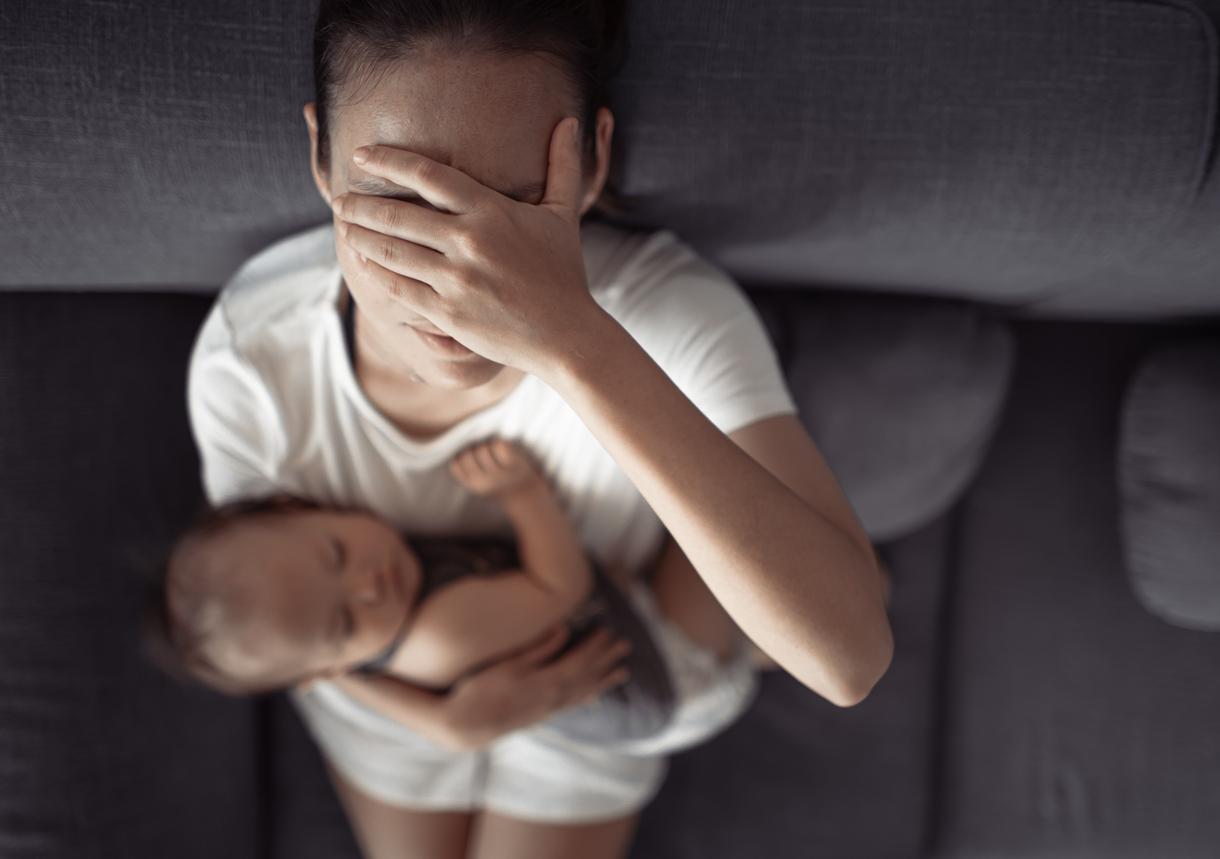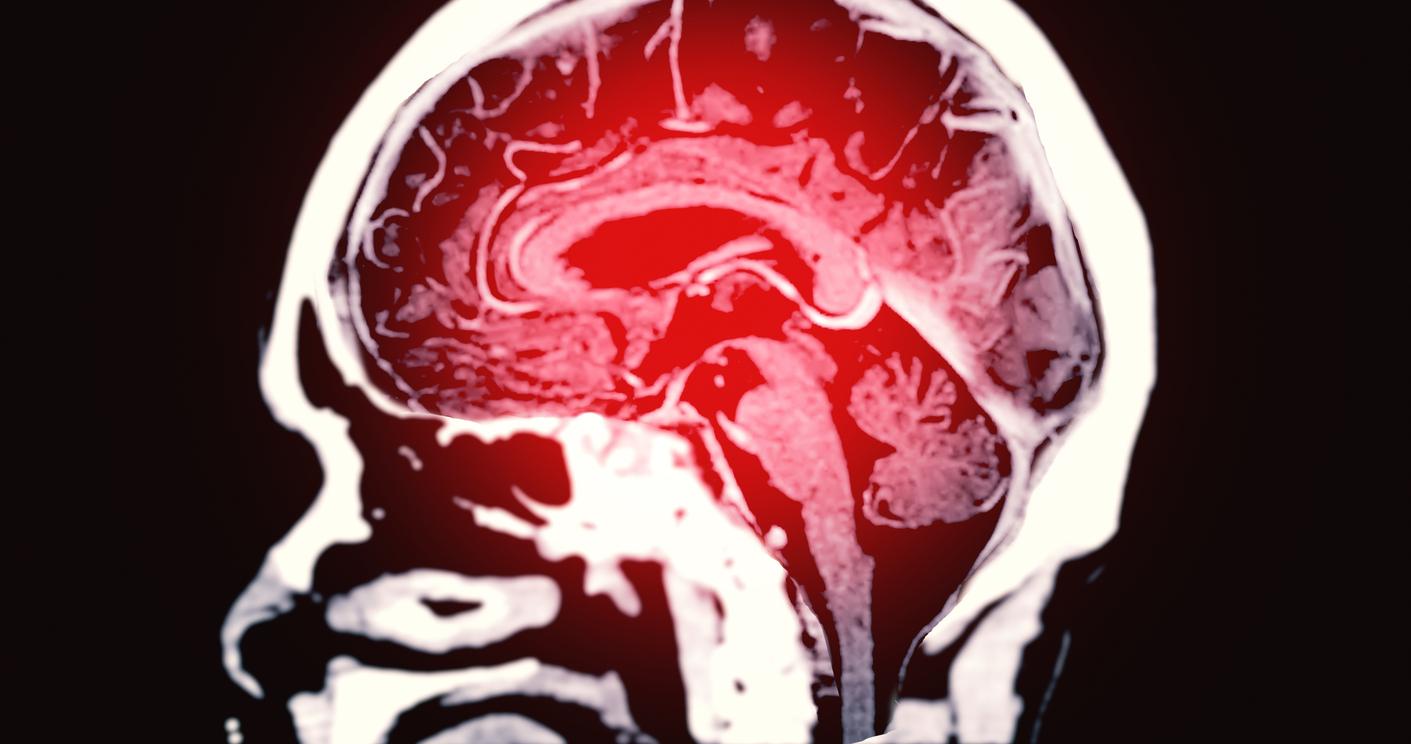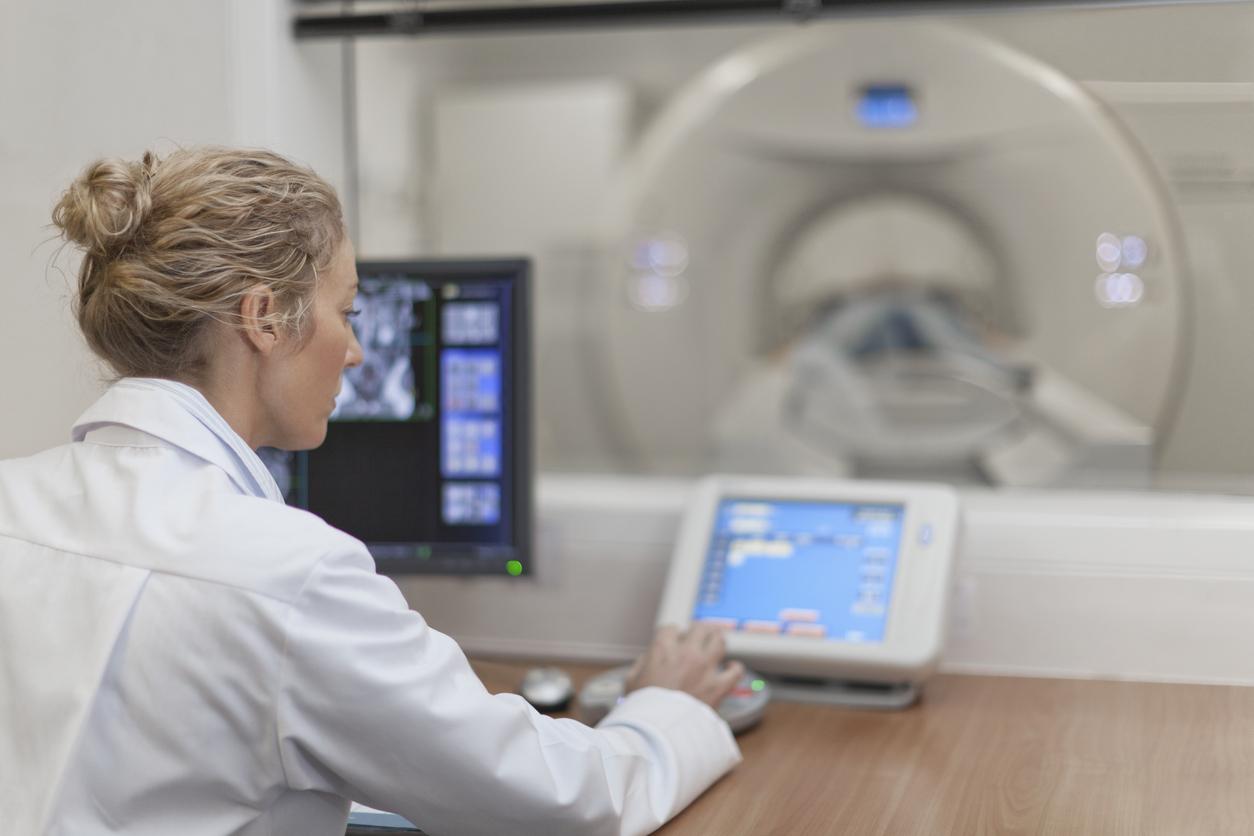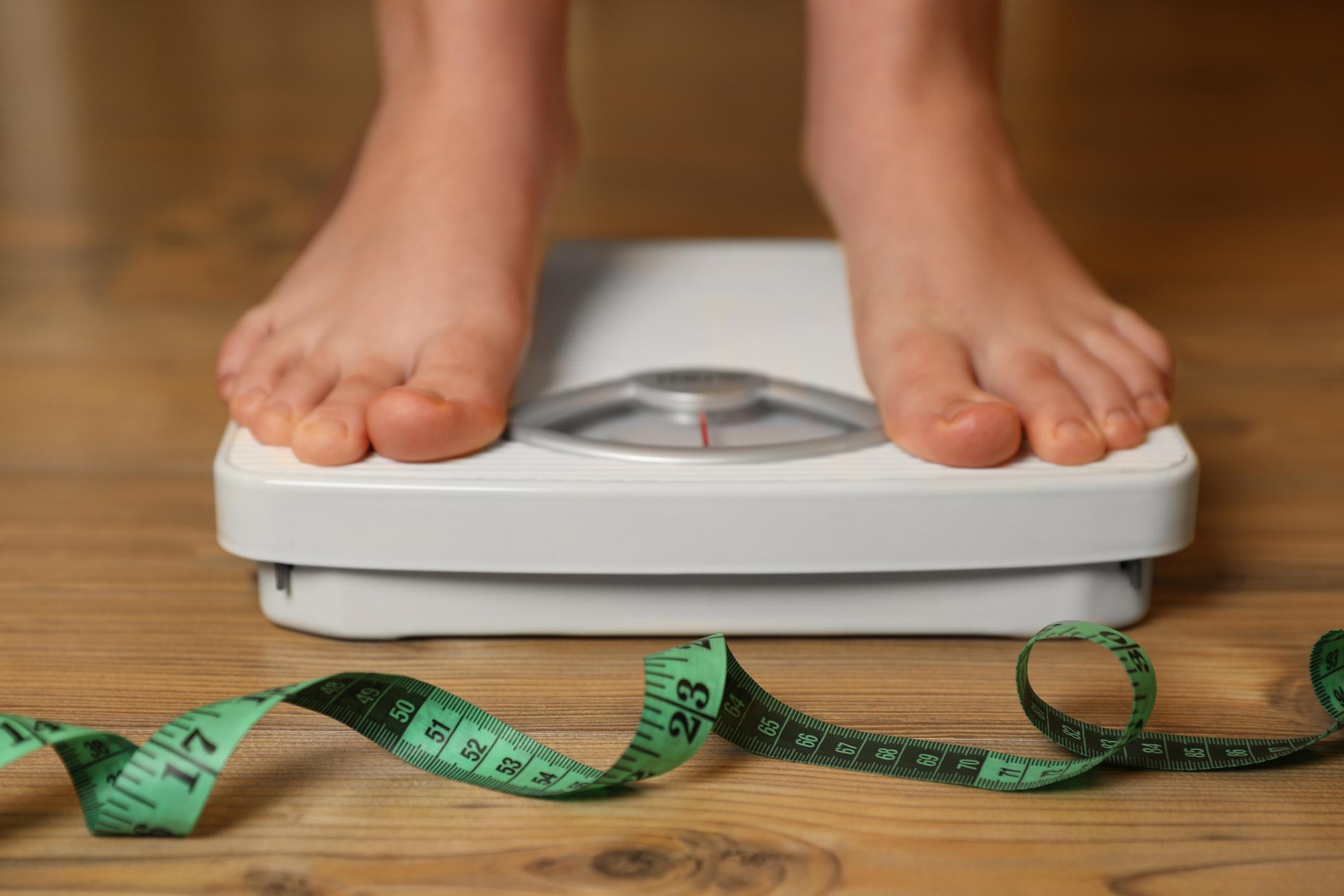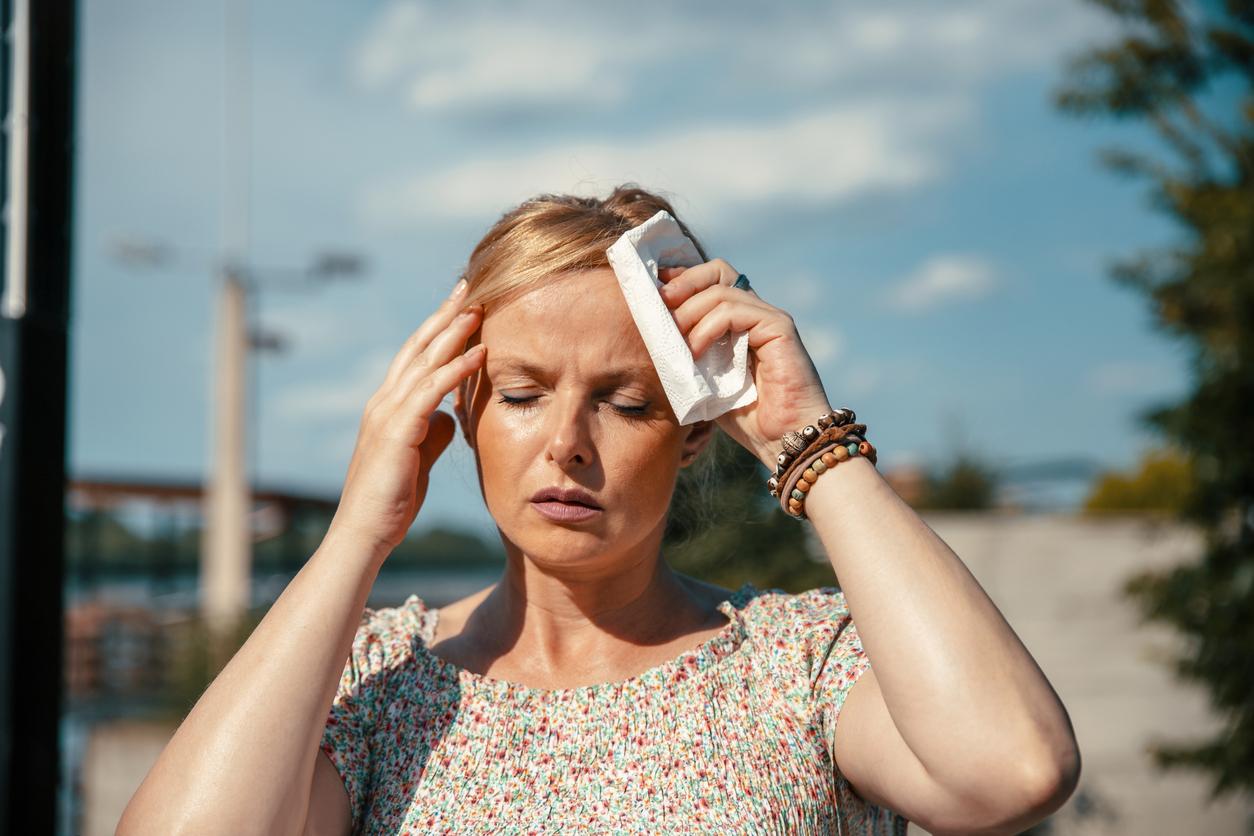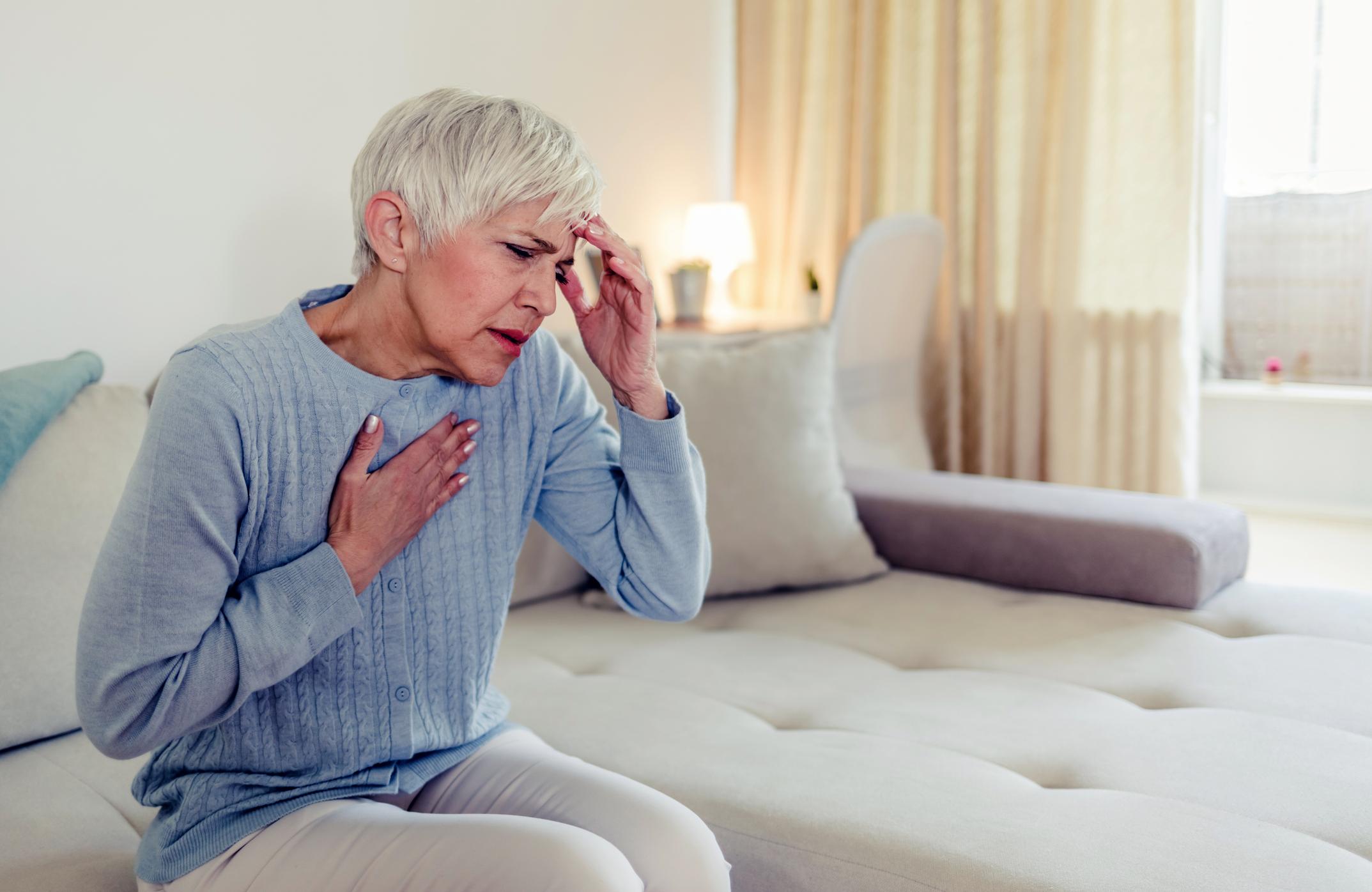A study of more than 31,000 people aged 61 on average and published in neurology has shown that people prone to insomnia may be more at risk from stroke (stroke).
” There are many therapies that can help people improve the quality of their sleep, so determining which sleep problems lead to an increased risk of stroke can allow earlier treatments for people who have difficulty sleeping and possibly reduce their stroke risk said study author Wendemi Sawadogo, MD, MPH, Ph.D., of Virginia Commonwealth University in Richmond (USA) and member of the American Academy of Neurology.
Stroke is a cerebrovascular disorder affecting the blood vessels responsible for bringing blood to the brain. It can be a blood clot blocking a vessel or a ruptured vessel. Most often, blood flow encounters an obstacle that will block its passage to different parts of the brain. This phenomenon will deprive the brain of oxygen.
This is not the first time that a study has linked this cardiovascular disease to sleep disorders.
People affected by insomnia increase their risk of stroke by 16%
The researchers asked the participants about the frequency of their insomnia. They were then followed for an average of nine years. During this period there is 2,101 cases of stroke occurred in this population of 31 people.
After taking into account their consumption of alcohol, tobacco and level of physical activity, the researchers said that people who had difficulty falling asleep or staying asleep were at greater risk of stroke. These sleep disorders would increase the risk by 16%.
More concretely, of the 19,149 people affected by symptoms of insomnia, 1,300 suffered a stroke. Of the 6,282 without symptoms, only 365 were affected by the stroke.
Lack of sleep is conducive to disease
A previous study had already shown that lack of sleep could be associated with a higher risk of stroke. Led by Dr Xiaomin Zhang, from Huazhong University of Science and Technology, Wuhan, China, the research was published in 2016.
This study had shown that people who declared poor quality of sleep were 29% more likely to have a stroke. The study had also shown that people who slept too much (more than 9 hours per night) or not enough increased their risk.
We recall that the sleep corresponds to the most complete form of rest. It would allow the body to recover, whether physically or mentally. People who are sleep deprived are not only at risk of stroke, but also irritability, depressive symptoms, weight gain,hypertension or infections.










